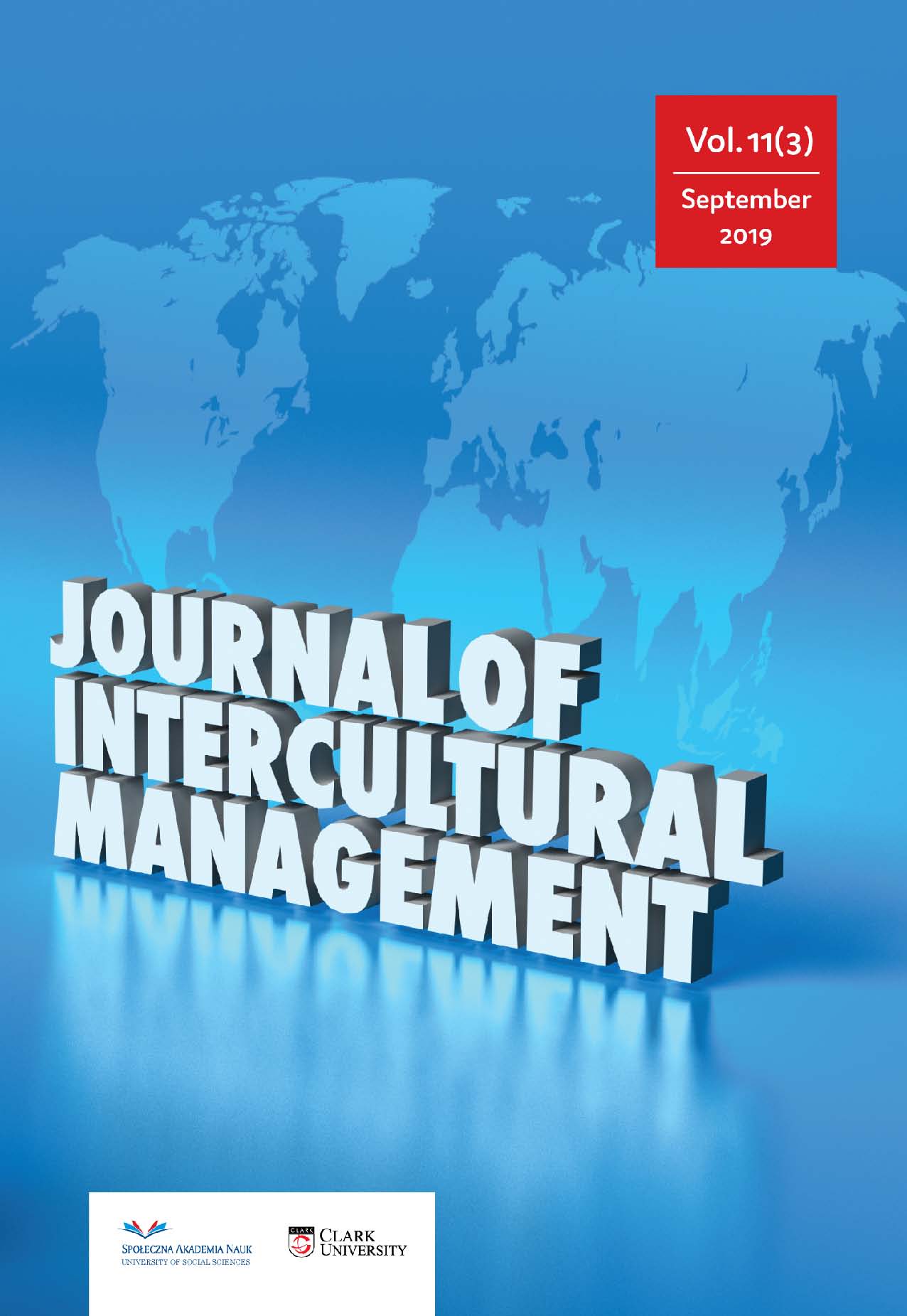The Role of Students in the Governance of Public Higher
Education: a Case Study of Malta
The Role of Students in the Governance of Public Higher
Education: a Case Study of Malta
Author(s): Colin BorgSubject(s): Business Economy / Management, Governance, Sociology
Published by: Społeczna Akademia Nauk
Keywords: governance; students`participation; public higher education & resource management
Summary/Abstract: Objective: The aim of this paper is to analyse the extent of student involvement in higher educationgovernance by considering Malta as a case study. When analysing participation within institutions, two main players are involved: students and staff. Methodology: The author uses a hybrid of methodological tools to analyse the subject matter. A review of the existing literature is compounded with document analysis and the collectionof unpublished institutional data. Findings: Student participation in the governance of higher education institutions (HEIs) is becoming a pressing reality. Students, who are the institutional clients, are a crucial key playerin the manner in which HEIs are governed and managed. Therefore, HEIs have an interest inensuring effective student participation. Various mechanisms are available and student participationis not always at an optimum level. Value Added: This paper analyse in detail two main mechanisms of student participation: elections and academic feedback. A qualitative analysis is provided in order to measure the extent of participation. Elections are an important tool to elect student representatives while study-unit and course feedback provide valuable information to improve teaching and learning. Recommendations: Further research is required in order to determine the quality of student participation in academic boards and committees. Therefore, the quantitative analysis is to be embraced with qualitative data. Furthermore, HEIs are to study ways in which they can createmore participatory tools within their complex governing arrangements. The issue of involving more established student. Further research is required in order to determine the quality of studentparticipation in academic boards and committees. Therefore, the quantitative analysis is to beembraced with qualitative data. Furthermore, HEIs are to study ways in which they can createmore participatory tools within their complex governing arrangements. The issue of involvingmore established student societies, which are not intrinsically part of the governing structures,is also essential.
Journal: Journal of Intercultural Management
- Issue Year: 11/2019
- Issue No: 3
- Page Range: 1-20
- Page Count: 20
- Language: English

